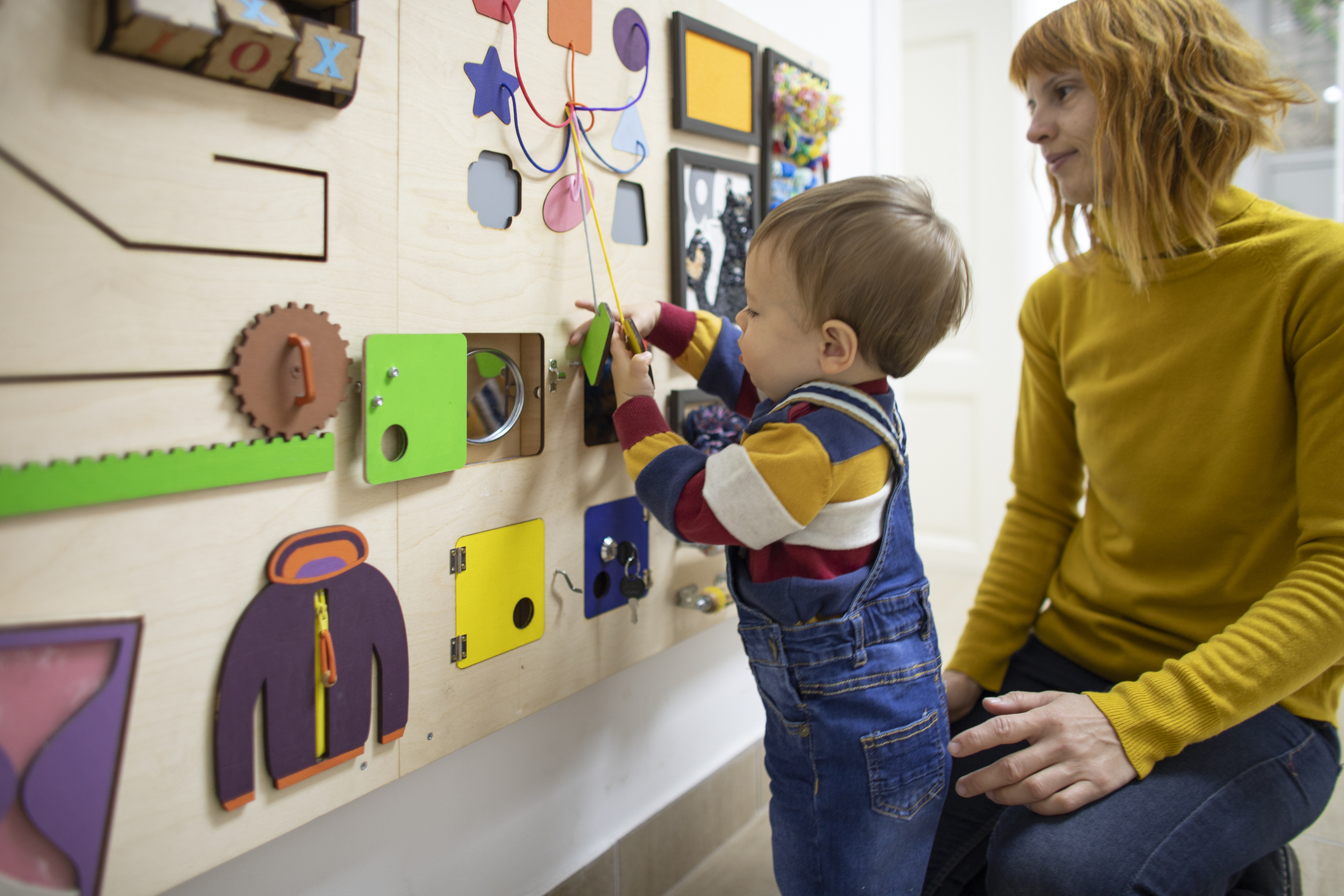
For families raising a child with autism, finding the right babysitter isn’t just about availability—it’s about trust, experience, and specialized care. Especially during the early years, when signs of autism in a child begin to emerge, it’s essential to surround them with caregivers who understand their unique needs.
In Nashville, a growing number of families are seeking babysitters who not only enjoy spending time with children but who are also familiar with neurodevelopmental differences. Whether your toddler is receiving ABA therapy or you’re just beginning to explore an autism diagnosis, the right sitter can offer both peace of mind and meaningful support.
What to Look for in a Babysitter for a Child with Autism
The best babysitters for children on the autism spectrum aren’t just kind and patient—they’re also proactive, observant, and familiar with autism-related behaviors. Here’s what to prioritize during your search.
Experience with Neurodivergent Children
Look for sitters who have worked with children with autism or other developmental differences. This could include experience in special education classrooms, behavioral health programs, or pediatric ABA therapy.
Ask candidates:
- Have you ever babysat or worked with a child with autism before?
- How do you handle meltdowns, transitions, or sensory sensitivities?
- Are you comfortable using visual schedules or communication supports?
Familiarity with ABA and Early Intervention Techniques
While a babysitter doesn’t need to be a therapist, having some knowledge of behavioral strategies is a huge plus, especially if your child is receiving early intervention or pediatric ABA therapy. Understanding reinforcement, redirection, and structured routines can make their time together more consistent and comfortable.
Ask:
- Are you familiar with ABA strategies or behavior reinforcement?
- Are you open to collaborating with our therapy team or following a behavior plan?
Strong Communication and Flexibility
Children with autism often benefit from predictable routines and clear communication. A great babysitter will be willing to follow your child’s established schedule and adapt to their preferred ways of engaging, whether that’s parallel play, quiet time, or specific sensory activities.
You might also ask:
- How do you communicate with parents during or after a babysitting session?
- Are you comfortable using alternative communication tools (PECS, sign language, etc.)?
Local Resources for Finding Special Needs Babysitters in Nashville
Nashville offers several ways to connect with qualified babysitters who specialize in working with children with autism. Here are a few avenues to consider:
Agencies and Platforms with Special Needs Filters
Sites like care.com and Sittercity allow you to filter for babysitters with experience in special needs care. Look for profiles that mention autism specifically, and reach out to candidates who mention early childhood or behavioral health experience.
Support Groups and Parent Networks
Local Facebook groups, special needs parenting circles, or organizations like Autism Tennessee can be invaluable resources. Families often share trusted names and sitter recommendations based on firsthand experience.
University Programs and Education Departments
Reach out to local universities such as Vanderbilt or Belmont. Many students in psychology, special education, or early childhood development programs are eager to gain experience and often have flexible schedules.
Preparing a New Babysitter for Success
Once you’ve found a sitter you feel good about, setting them up for success is key, especially when caring for a child with autism. Here’s how to create a smooth introduction:
- Share a brief profile of your child’s strengths, sensitivities, routines, and communication style.
- Provide a schedule (even a basic one) that outlines meal times, playtime, quiet time, and bedtime.
- Introduce key tools like communication boards, sensory items, favorite toys, or any calming techniques that work.
- Walk through expectations related to behavior management, reinforcement strategies, and emergency contacts.
The more information you share upfront, the more confident and prepared your babysitter will feel.
When You’re Still Navigating a Diagnosis
If you’re still in the early stages of figuring out whether your child might have autism, you’re not alone. Many families first notice signs of autism in a child between ages 18 months and 3 years. These signs may include speech delays, repetitive behaviors, sensitivity to lights or sounds, or challenges with social interaction.
Whether you’ve received a diagnosis or are just starting to ask questions, you might also want to connect with a local provider of pediatric ABA therapy. Early intervention makes a significant difference—and it can also guide you toward caregivers who align with your child’s therapeutic goals.
Partnering With Families at Wellspring Learning Centers
At Wellspring Learning Centers, we understand that finding the right support—whether it’s a qualified babysitter or a trusted therapy provider—can feel overwhelming when you’re raising a child with autism. We work alongside Nashville families to create consistency between home, play, and care, offering practical guidance that extends beyond our therapy centers.
Our play-based, early intervention approach helps toddlers build confidence, communication, and emotional understanding in ways that feel natural and joyful. Whether you’ve just started noticing signs of autism in a child or are actively looking for pediatric ABA therapy in Nashville, we’re here to help you take the next step. Fill out our online form or give us a call to learn how Wellspring Learning Centers can support your child and your whole care team.